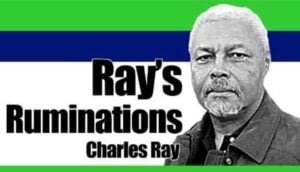Concerned by extreme heat and overcrowding in correctional facilities, the Catholic Church’s prison ministry arm has urged the government to expedite the process in decongesting jails.
The Commission on Prison Pastoral Care of the Catholic Bishops’ Conference of the Philippines said that “the best and long lasting” solution to the problem lies in the implementation of existing policies to decongest jails.
These include the laws on bail and release on recognizance, the pre-trial release program, and the recent Supreme Court ruling on extending the good conduct time allowance privilege even to those who committed heinous crimes, the CBCP said.
“With this, we believe the jails and prison facilities will become less congested hence more habitable,” ECPPC chairman, Bishop Oscar Jaime Florencio of the Military Ordinariate of the Philippines, said in a statement April 23.
The bishop called on relevant agencies to prioritize the plight of persons deprived of liberties, urging them to take necessary steps to expedite the release of PDLs, who should benefit under these laws.
The ECPPC said its volunteers in the dioceses have been assisting the jail personnel by providing basic needs, such as electric and exhaust fans in some jails.
A church-labor organization, meanwhile, is pushing for enhanced safety measures to protect workers from extreme heat across the country.
The Churchpeople-Workers Solidarity (CWS), chaired by Diocese of San Carlos Bishop Gerardo Alminaza, urged employers and the Department of Labor and Employment “to take decisive action” to safeguard workers’ health and safety.
“CWS supports workers’ heat safety demands in the light of the recent high heat index experienced in the country. Hot temperatures and low compliance with occupational safety and health standards make workers more vulnerable to heat-related illnesses, such as heat strokes,” Alminaza said.
The organization particularly endorsed the Institute for Occupational Safety and Health Development’s (IOSHD) “10 heat safety demands”.
These include paid health breaks, company-led information drives on preventing heat-related illnesses, and regular medical checkups for workers.
Other measures include regular inspection of companies’ compliance with health and safety measures, adjustment of work hours, and provision of shaded rest areas and adequate water supply.
The CWS also called for ensuring proper ventilation of workplaces, and the use of temperature-appropriate personal protective equipment, and stressed the importance of worker consultations.
“Worker participation ensures practical and relevant heat safety measures that respond to specific needs and challenges,” Alminaza said. ||




